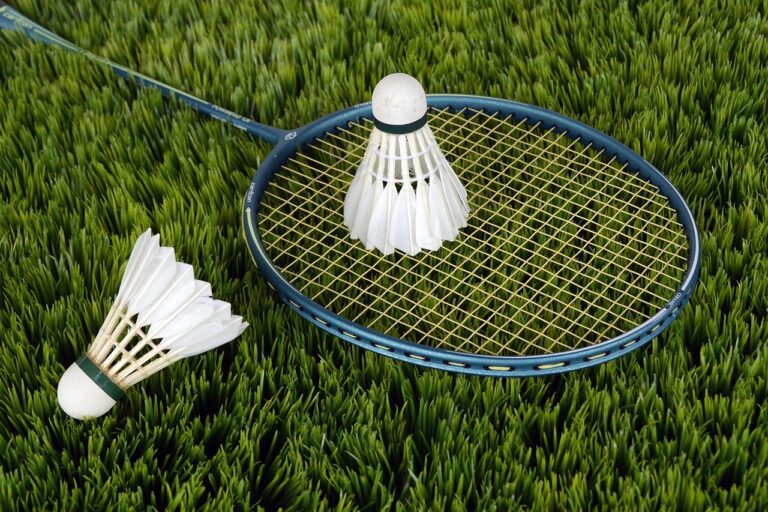The Role of Recovery Hydration in Cricket Skill Development: Silverexch.com, Goldenexchange, Betbook247.com
silverexch.com, goldenexchange, betbook247.com: Cricket is a sport that requires a high level of physical fitness and skill. From batting and bowling to fielding and running between the wickets, players must have a well-rounded ability to excel on the field. One key aspect that often gets overlooked in cricket skill development is the role of recovery hydration.
Recovery hydration plays a crucial role in cricket skill development as it helps players to maintain optimal performance levels throughout a match or training session. In cricket, which can be a physically demanding sport, staying hydrated is essential for peak performance. Dehydration can lead to decreased concentration, fatigue, and muscle cramps, all of which can affect a player’s ability to execute their skills effectively.
So, what exactly is recovery hydration, and how does it impact cricket skill development?
Recovery hydration refers to the process of replenishing lost fluids and electrolytes after physical activity. When we exercise or play sports like cricket, our bodies lose water and essential minerals through sweating. To recover effectively, athletes need to consume fluids that help them rehydrate and replace the electrolytes lost during exercise.
In cricket, where matches can last for hours and players are constantly moving on the field, recovery hydration is even more critical. Proper hydration helps to prevent fatigue, maintain focus, and support muscle function, all of which are essential for executing cricket skills like batting, bowling, and fielding with precision.
By incorporating recovery hydration strategies into their training and match routines, cricket players can enhance their skill development and overall performance on the field. Here are some tips to help cricket players maintain optimal hydration levels:
1. Stay hydrated throughout the day: It’s essential for cricket players to drink water regularly, not just during matches or training sessions.
2. Use sports drinks: Sports drinks are a great way to replenish lost electrolytes and maintain hydration levels during intense physical activity.
3. Monitor urine color: Dark yellow urine is a sign of dehydration. Players should aim for pale yellow urine to indicate proper hydration.
4. Hydrate before, during, and after matches: Sipping water or sports drinks throughout a game can help players stay hydrated and perform at their best.
5. Avoid excessive caffeine and alcohol: Both caffeine and alcohol can dehydrate the body, so players should limit their intake to maintain proper hydration levels.
6. Listen to your body: Thirst is a sign that your body needs water. Players should listen to their bodies and hydrate accordingly.
In conclusion, recovery hydration plays a crucial role in cricket skill development. By staying properly hydrated, players can enhance their performance on the field and execute their skills with precision. Incorporating hydration strategies into training and match routines can help cricket players reach their full potential and excel in this physically demanding sport.
FAQs:
Q: How much water should cricket players drink during a match?
A: Cricket players should aim to drink at least 8-10 ounces of water every 20 minutes during a match to stay hydrated.
Q: Are sports drinks better than water for hydration?
A: Sports drinks can be beneficial for replenishing lost electrolytes during intense physical activity, but water is also essential for hydration.
Q: Can dehydration impact cricket skill performance?
A: Yes, dehydration can lead to decreased concentration, fatigue, and muscle cramps, all of which can affect a player’s ability to perform cricket skills effectively.







